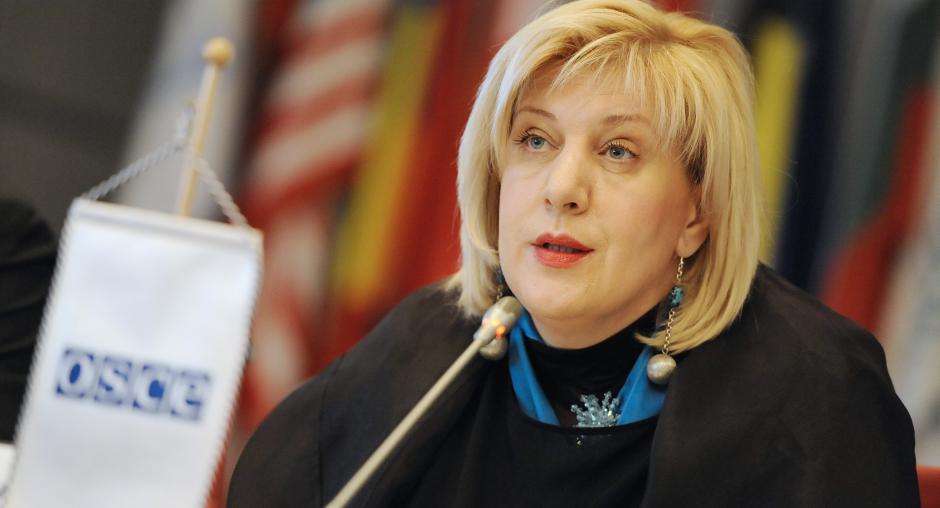OSCE Representative welcomes court decision declaring wiretapping of journalists in Lithuania illegal

VIENNA, 29 August 2014 – OSCE Representative on Freedom of the Media Dunja Mijatović today welcomed the Vilnius Regional Court ruling of 18 August, which found illegal the wiretapping of the telephone conversations of ten current and former employees of the Baltic News Service (BNS), one of the largest news agencies in Lithuania.
In July, the same court upheld complaints by three BNS editors over wiretapping in the same case. The court also ruled that other law enforcement actions, including secret surveillance, searches and an order to reveal the sources of information were unlawful.
“I welcome this court decision which clearly indicates that excessive and disproportionate interference in the work of journalists restricts freedom of the media,” Mijatović said. “Such actions can be justified only in extreme and exceptional measures, according to the limits set by international standards.”
According to reports, the Vilnius District Court sanctioned wiretapping of BNS journalists at the end of last year upon request from the Special Investigation Service. The decision followed an investigation about an article published by BNS about a negative publicity campaign planned against Lithuanian leaders which the agency received from confidential sources. The Representative raised this issue in a letter to Lithuania’s Foreign Minister Linas Linkevičius on 15 November 2013 stating that the potentially chilling effect of such orders is not compatible with international standards on free media and free expression unless justified by an overriding requirement in the public interest.
Mijatović noted that the Lithuanian Union of Journalists said it was gravely concerned about the issue and said that such undue interference of law enforcement in the work of media casts a negative light on the work of professional journalists.
Mijatović also welcomed recent amendments to the Law on the Provision of Information to the Public that provide additional protection to journalists’ sources. The amendments, adopted in July, say that a legal coercive action aimed at disclosing the source of information will be applied only upon a court decision, provided that it is critically important for the public or is necessary to ensure the protection of constitutional rights and freedoms.
“The right of journalists to protect the identity of their confidential sources is a key principle of investigative journalism,” Mijatović said. “The amendments should help Lithuania to conform to this basic requirement for freedom of expression.”
The OSCE Representative on Freedom of the Media observes media developments in all 57 OSCE participating States. She provides early warning on violations of freedom of expression and media freedom and promotes full compliance with OSCE media freedom commitments. Learn more at www.osce.org/fom, Twitter: @OSCE_RFoM and on facebook.com/osce.rfom.
